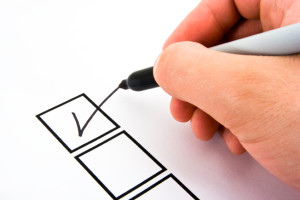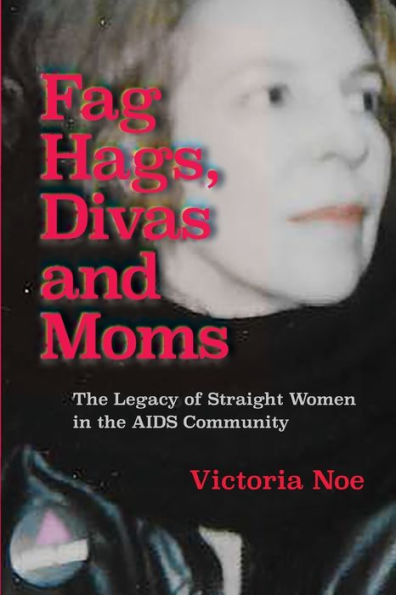"Writing Comes Last"
 I was having lunch with one of my best friends. We’ve known each other since high school (LBJ was still president), so that’s a long time.
I was having lunch with one of my best friends. We’ve known each other since high school (LBJ was still president), so that’s a long time.She’s been a successful writer for decades and now our occasional lunches include swapping information and commiserating about the business.
The past year has been a challenge for both of us, particularly health-wise. We’ve both faced medical situations that were unexpected and physically demanding. But we’re past them (knock wood). And because life itself is complicated and messy, there are continuing, long-term challenges unrelated to our health.
At one point she ticked off a list of everything and finished with, “And writing comes last.”
I’ve been self-employed most of my life, working from home. A lot of people don’t believe you’re really working. Your hours may be different, your wardrobe may be, shall we say, more casual, but you’re working just as hard as anyone who commutes to an office building downtown. I can write in coffee houses, on trains, in bed. The important thing is that writing is my job, so I don’t neglect it.
Except when I do.
When I was sitting the the emergency room a year ago, waiting for the ambulance to transport me to Lenox Hill Hospital for surgery to insert 5 pins into my broken fingers, I wasn’t thinking about writing. When I could form a coherent thought through the pain, I was wondering how to make sure my family didn’t freak out, since I was 900 miles from home. By the time I was in recovery, I was wondering how the hell I was going to function without using my right hand: get dressed, put on the seat belt in the cab, use the bathroom, wash my hair.
But later that night - probably as the meds wore off - I sat up in bed in my hotel room crying. I was in New York to interview women for my next book. I’d already interviewed almost a dozen and had more scheduled. Those were rescheduled, but the writing itself was an even bigger challenge. How could I ever finish my book?
I tried like hell to keep up my blog schedule and to post on social media. But what should’ve taken me 15 minutes to type now took me 2 hours or more pecking with my left hand. I was in pain for weeks and everything I tried to do exhausted me. I had to admit that writing was not a priority.
My recovery was slow, but mostly steady. Physical therapy and learning how to do things with my left hand consumed my time and focus. After six weeks, when the pins came out, I could start to use my right hand, but not easily or without pain.
After a few months even I had to admit that the schedule for my next book had to be adjusted. No one was surprised or upset, except me.
Like I said before, writing is my business. Even when I couldn’t use my right hand, I tried to spend at least a few minutes a day on writing. Maybe I didn’t actually write anything, but I could read articles online pertaining to my research. It was important to me that I keep up, to somehow find a way to keep my day job going. I give myself a solid “B” for that time. It’s now one year since my accident. My fingers still stiffen up at times, normal behavior according to my physical therapist. Sometimes they hurt, especially if someone gives me an enthusiastic handshake. I’m catching up to the writing that I was forced to abandon.
We all live complicated lives with serious demands on our time. As my girlfriend and I talked, I could see another reason why we sometimes put writing last. Because barring an unusual situation - four broken bones in your writing hand - we don’t always take our writing seriously as a business.
That’s why it’s important to change the way we consider this odd career of ours. Maybe you can’t sit down for three hours a day to write, but you can steal 15 minutes here and there. You can listen to a podcast on character development while you’re doing laundry. You could stay up a little later or get up a little earlier. Because setting aside time - any amount of time - every day makes it a habit and makes your writing a business.
So come on: turn off the TV, stop checking Facebook and write. Don’t self-edit. Just write. Before you know it, time has flown by and you have words on paper. Now do it again tomorrow. And the day after that.
That’s how you become a writer.

